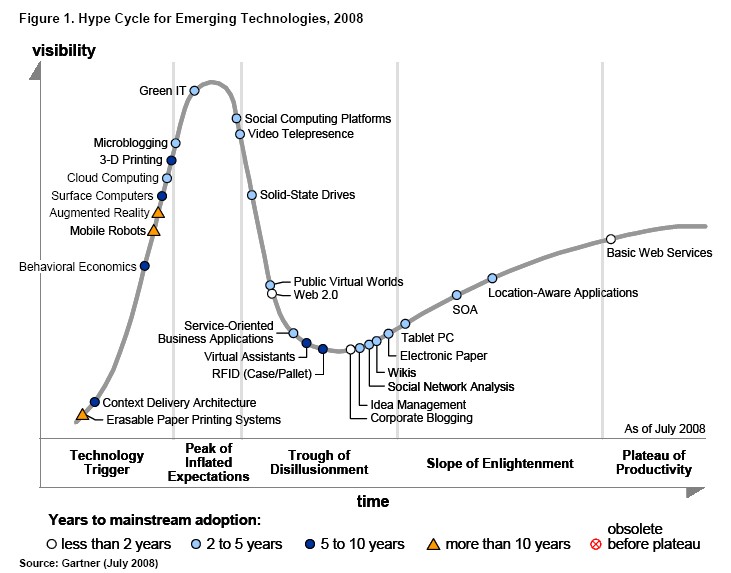I’ve entered myself into te Web 2.0 Expo Europe blogging program and as I detailed the language of this blog to be english and german, sollte ich vielleicht besser auf deutsch weiterschreiben …
Worum geht es? Vom 21 bis 23. Oktober findet in Berlin die zweite Auflage der Web 2.0 Expo Europe (das zentrale Treffen der Web 2.0 und Enterprise 2.0 Experten, nicht nur aus Europa) statt. Richtig, das ist (wie letztes Jahr) in der Woche nach dem Barcamp Berlin 3. Die BarCamp-Anmeldung ist für internationale Gäste weiterhin offen, deutsche Interessenten müssen aber mittlerweile auf die Warteliste.
Nicole, Suw und Stephanie laden nun für O’Reilly und Techweb europäische Blogger dazu ein, wobei aber ein paar Spielregeln gelten:
The way the blogging programme will work is that we’ll ask participants to do these few things between now and 6th October:
- publish at least 4 Web 2.0 Expo-related blog posts, podcast episodes or videocasts, e.g. announcement of the event, speaker information, speaker interviews, or any other event-related stuff
- encourage readers, friends, and/or community to register for the event
- display the Web 2.0 Expo logo on their blog, with a link to the registration page, until the day of the conference
Nun ja, die Punkte 2 und 3 hatte ich bereits frühzeitig und ohne besondere Anreize erledigt, und auch dieses Jahr werde ich sicher wieder von der Expo bloggen (hier sind meine Posts von der Expo 2007 bzw. vom BarCamp Berlin 2).
Andererseits ist es sehr verlockend, dass Expo Blogger auch einen 35% Discount an Leser, Kollegen, Freunde (ja, Kunden auch) weitergeben können und u.U. leichter Zugang zu interessanten Interview- und Gesprächspartner bekommen:
- access to information about the event suitable for re-blogging, such as announcements and speaker information/interviews (when possible)
Dass man evtl. auch in die “offizielle Blogroll” aufgenommen wird, ist da nur noch ein kleiner Extra-Anreiz. Also, die Frage hier und in folgenden Posts ist: “how can we use the power of Web 2.0 (in the Enterprise)”





